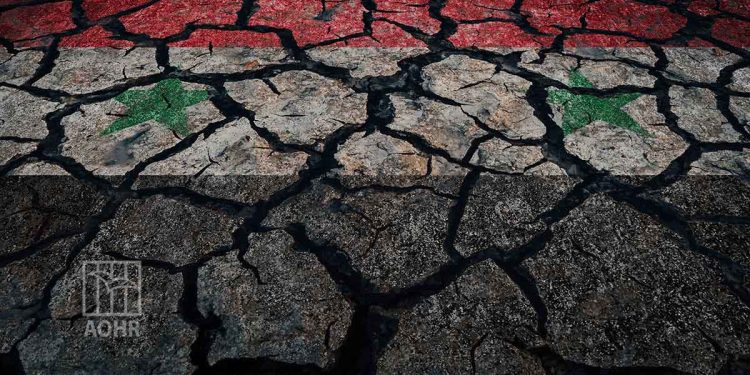A United Nations official has described the situation in Syria after the earthquake as “very difficult” and the resultant levels of people’s needs as “enormous”.
The UN’s Resident Coordinator in Syria, El-Mostafa Benlamlih said in a press conference that before the earthquake Syria suffered a very high need for humanitarian assistance, due to a war that has continued for more than a decade.
Benlamlih reported that there were 15 million people in Syria who needed humanitarian aid before the earthquake and that he expected that number to rise dramatically.
The UN’s assessment of needs in the country includes the regions of Aleppo, Hama, Latakia, Homs, and Tartous.
“In Aleppo, for example, the earthquake caused great destruction, and we have approximately 30,000 people now living in shelters, including schools, mosques and churches – and those are the lucky ones. Around one third of the houses have been damaged or affected by the earthquake, being around 20,000 houses. This means that we have about seventy thousand people who are unlucky, who have not been provided shelter”, said Benlamlih.
“They suffer from low temperatures, severe cold, and snowfall, and live in miserable conditions. This applies to other regions, such as the northwest and Afrin. I think the conditions there are worse”, he continued.
People across Syria, said Mr. Benlamlih, are in need of “food, water, shelter, generators, medicine, and protection. Moreover, we are operating in a war zone that is already facing many challenges. There is a shortage of fuel, and infrastructure difficulties. We are also in a cold region: we need clothes, blankets and many other things.”
An earthquake with a magnitude of 7.7. struck southern Turkey and northern Syria last Monday morning. It was followed only hours after by another earthquake with a magnitude of 7.6 and numerous aftershocks, leaving many people dead and much property destroyed.
The civil war in Syria has continued since 18 March 2011, when the regime began its bloody crackdown on demonstrators protesting human rights violations in the country.
Millions of displaced people now live in camps in north and northwest Syria, after having fled the regime’s bombardment of their villages, towns, and cities.






























